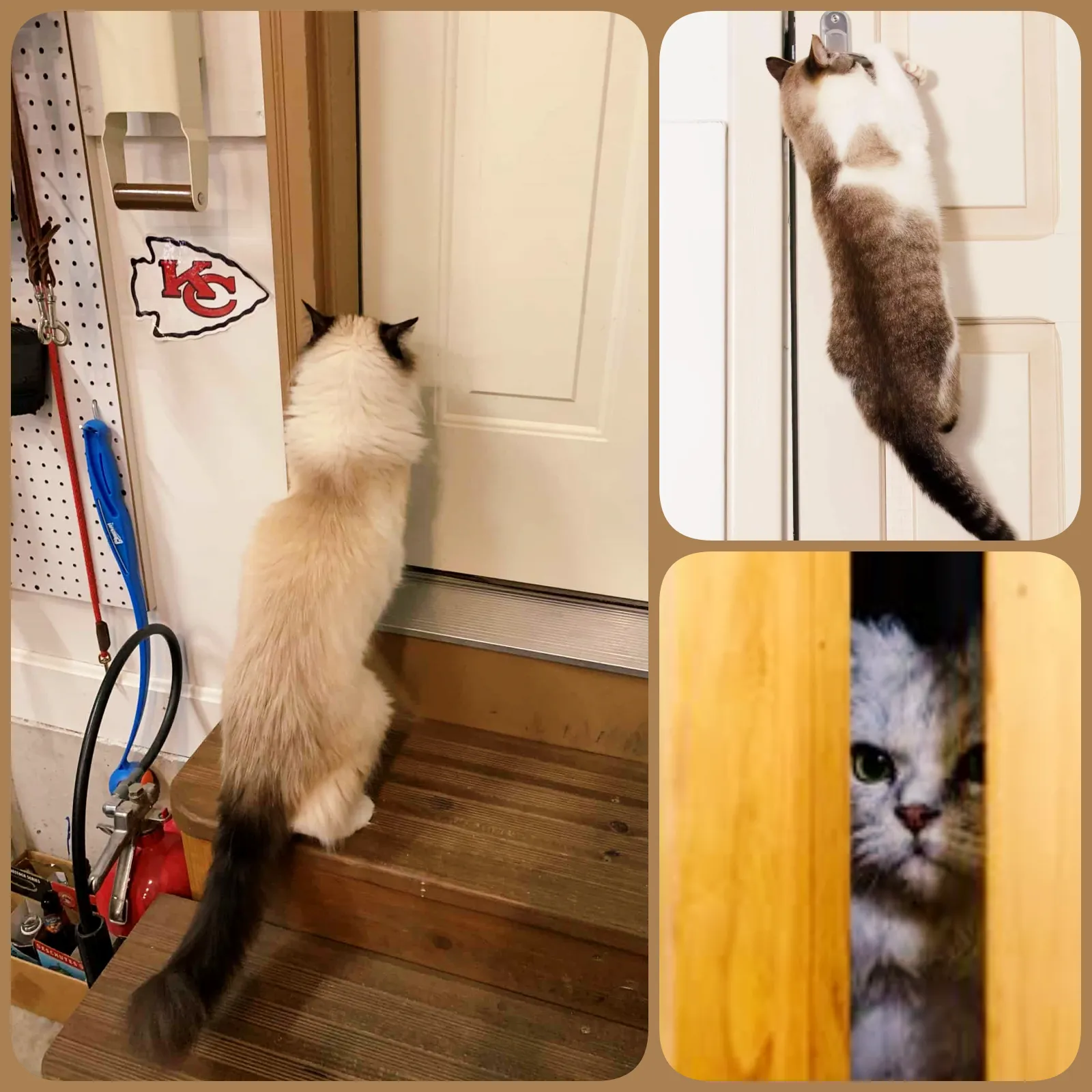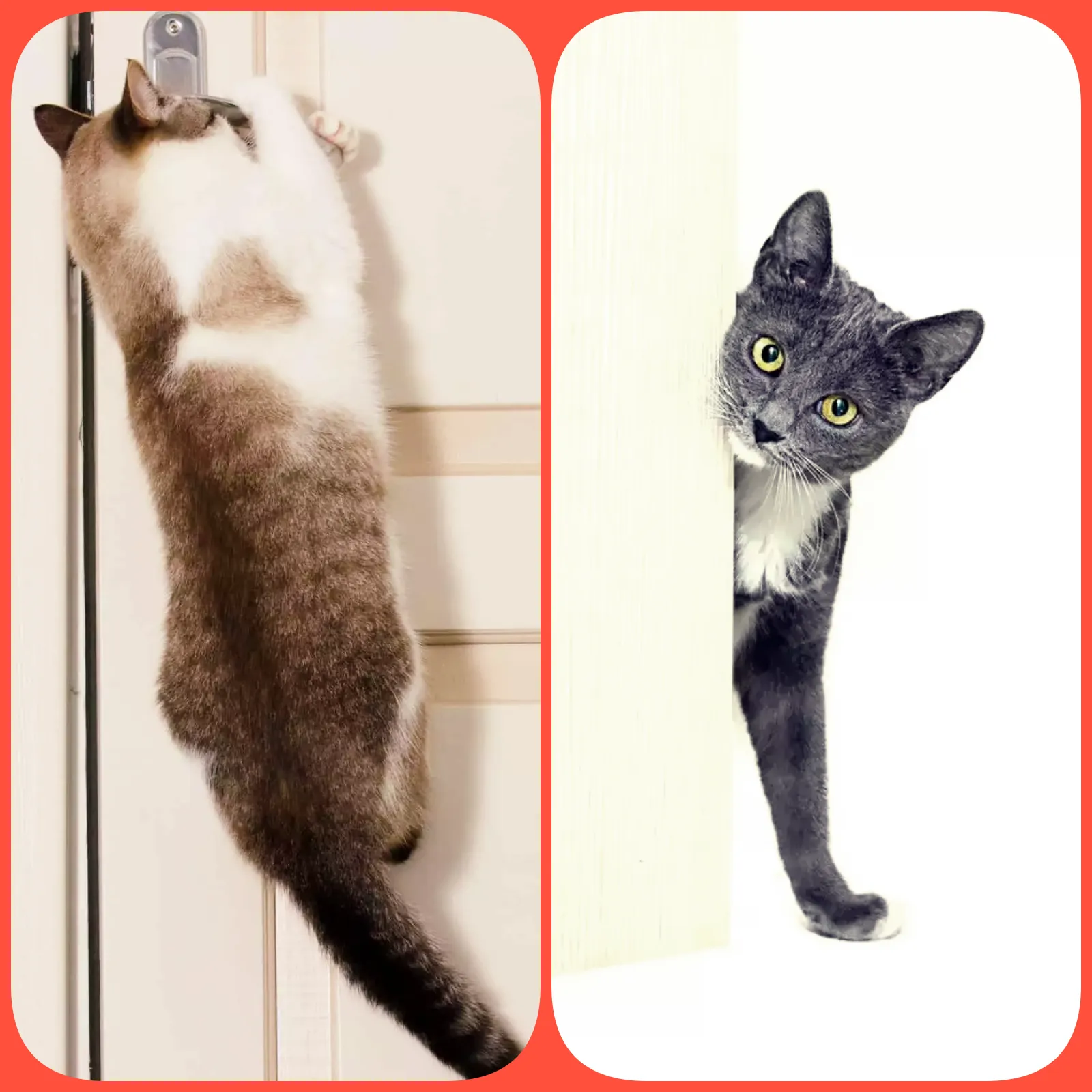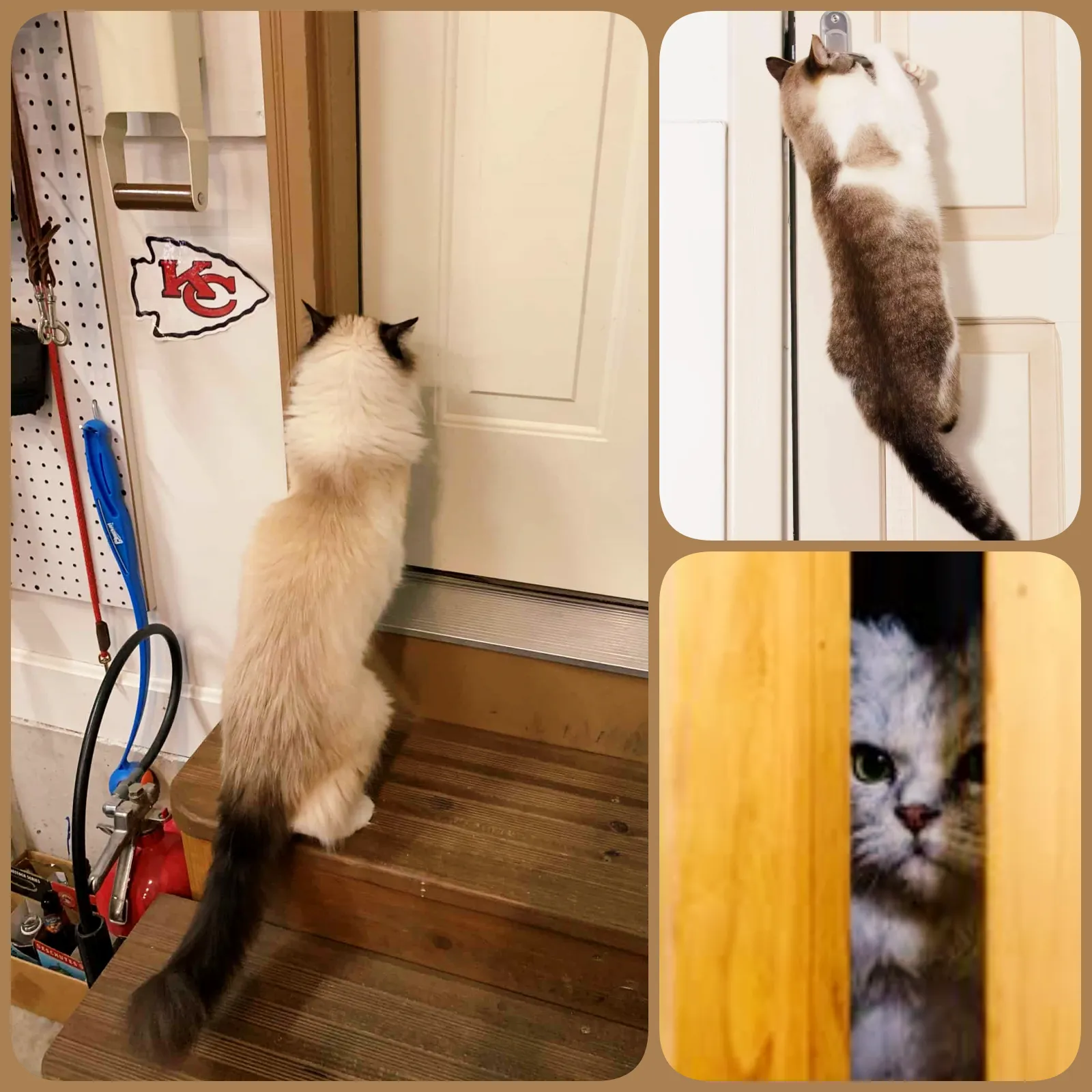
The Secret Behind Their Unusual Behavior
Ever wondered why your feline friend acts like the world is ending whenever a door is closed? From frantic meowing to relentless pawing, cats seem to have a particular aversion to closed doors. But what’s really behind their odd behavior?
Cats have an uncanny obsession with closed doors, and their reactions can be both puzzling and entertaining. If you’ve witnessed your cat’s antics in front of a shut door—whether it’s sticking a paw under the crack, scratching the surface, or even launching an all-out attack—you’re not alone. But what drives this intense fascination?
Experts point to a mix of evolutionary instincts and pet-owner practices. According to Dr. Karen Sueda, a board-certified veterinary behaviorist, cats’ aversion to closed doors stems partly from a deep-seated fear of missing out. “It’s a little bit of FOMO,” Sueda explains. “Cats have a natural curiosity and need to investigate everything within their territory. A closed door represents an unknown that they desperately want to explore.”

In the wild, this need for control and awareness helps cats stay safe and secure, so it’s not surprising they carry this behavior into their domestic lives. Ingrid Johnson, a cat behavior consultant, notes, “Cats thrive on controlling their environment and access to their essential needs. A closed door disrupts their sense of control and security.”
Behaviorist Jane Ehrlich identifies what she calls the “three terrible C’s” that cats find distressing: lack of choice, loss of control, and sudden changes. Even if they don’t necessarily want to be in the room behind the door, they want to be aware of what’s happening there. A closed door not only denies them access but also creates a sense of unease.

Another factor is the role of human interaction. A 2017 study in Behavioural Processes found that most cats prefer social interaction with their owners over food or toys. When a door blocks their access to you, it also blocks their primary source of comfort and attention. Johnson adds, “Cats don’t understand that a closed door is only temporary. To them, it’s as if their favorite spot or comfort zone has been abruptly taken away.”
To alleviate your cat’s stress, Johnson suggests maintaining consistent access to various areas of your home. For example, if you don’t want your cat in certain rooms, make those areas off-limits all the time rather than just when you have visitors.
While many door-related behaviors are attention-seeking, they can also indicate genuine distress. Signs of real upset include frantic vocalizing, flattened ears, and hissing. If your cat’s reaction to a closed door seems extreme, it might be worth consulting a veterinarian to rule out any underlying health issues.
Understanding why cats react so strongly to closed doors can help you better manage their behavior and reduce their stress. By keeping their environment consistent and addressing their needs, you can help keep your feline friend happy and content.






